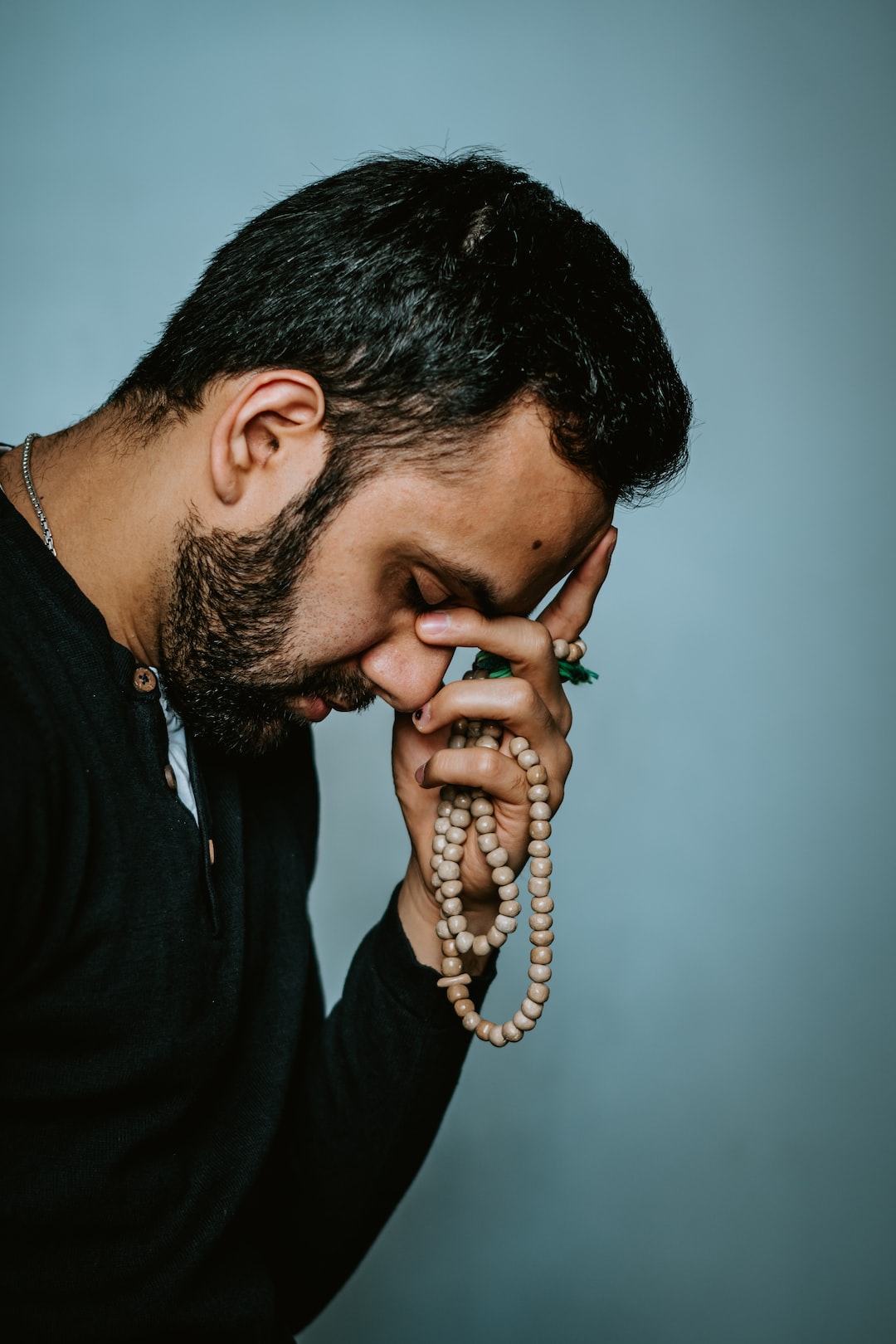Discovering the Role of Women in Religion: Past and Present
Religion has played a significant role in shaping societies and cultures around the world for centuries. It permeates every aspect of life, providing individuals with moral guidelines, spiritual support, and a sense of belonging. However, the role of women in religion has often been overshadowed or marginalized, with their contributions and voices not given the recognition they deserve. In this blog post, we will explore the historical and present roles of women in different religions, shedding light on their significance and influence.
Understanding the past helps us appreciate the progress made in acknowledging the role of women in religion today. Historically, many religious traditions have portrayed women in subordinate positions, with limited power and access to religious leadership roles. For example, in Christianity, women were often excluded from priesthood and considered less important in religious practices. Similarly, in Islam, women faced restrictions in religious leadership and interpretation of scriptures.
However, focusing solely on the oppressive aspects of history can diminish the contributions and resilience of women in religion. Many women throughout history have played instrumental roles as religious leaders, spiritual guides, and keepers of tradition. In ancient Greece, for instance, the Pythia at the Oracle of Delphi was a woman who held great influence and was sought after for her divine prophecies. Hinduism has also had numerous female saints, philosophers, and ascetics who have made significant contributions to the faith.
Fast forward to the present day, and we witness a transformation in the role of women in religion. Women’s voices are increasingly being recognized and valued, challenging the traditional gender norms associated with religious leadership. In Christianity, many denominations have started ordaining women as priests and allowing them to hold high-ranking positions within religious institutions. This shift has opened up opportunities for women to contribute their spiritual wisdom, compassion, and leadership skills to the community.
Similarly, in Islam, there is a growing movement advocating for gender equality and inclusivity in religious spaces. Women scholars are emerging, providing fresh perspectives and interpretations of Islamic texts that challenge patriarchal norms. Muslim women are also actively engaged in community work, advocating for social justice and gender equality.
It is important to acknowledge that progress is not uniform across all religious traditions or geographical regions. Some religions and cultures still struggle to embrace gender equality and provide women with equal opportunities for religious leadership. However, the increasing visibility of women in religion is a positive sign for a more inclusive and diverse future.
Moreover, the role of women in religion extends beyond leadership positions. Women have been the backbone of religious communities, actively participating in rituals, prayers, and acts of service. Their dedication and faith have often been the driving force behind the resilience of religious traditions. Women have been instrumental in passing down religious teachings and values to future generations, ensuring the continuation of their rich heritage.
In conclusion, the role of women in religion is complex and evolving. While history may have marginalized their contributions, women are increasingly reclaiming their place in religious leadership and shaping the future of their faith communities. It is crucial to celebrate and support the progress made in recognizing women’s contributions to religion while advocating for further inclusivity and gender equality. By doing so, we can create a more inclusive and harmonious world where everyone’s spiritual gifts are valued and respected.

